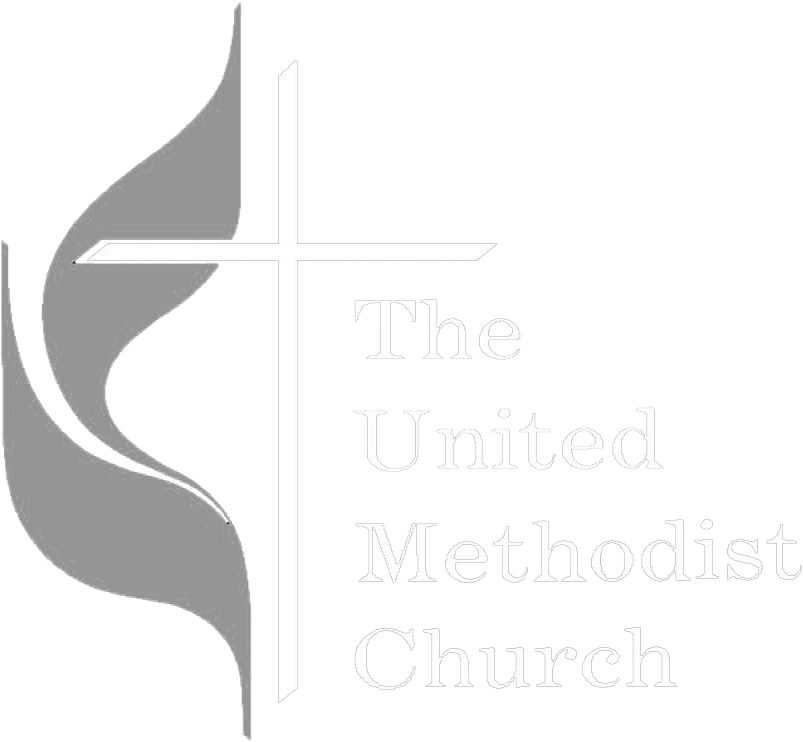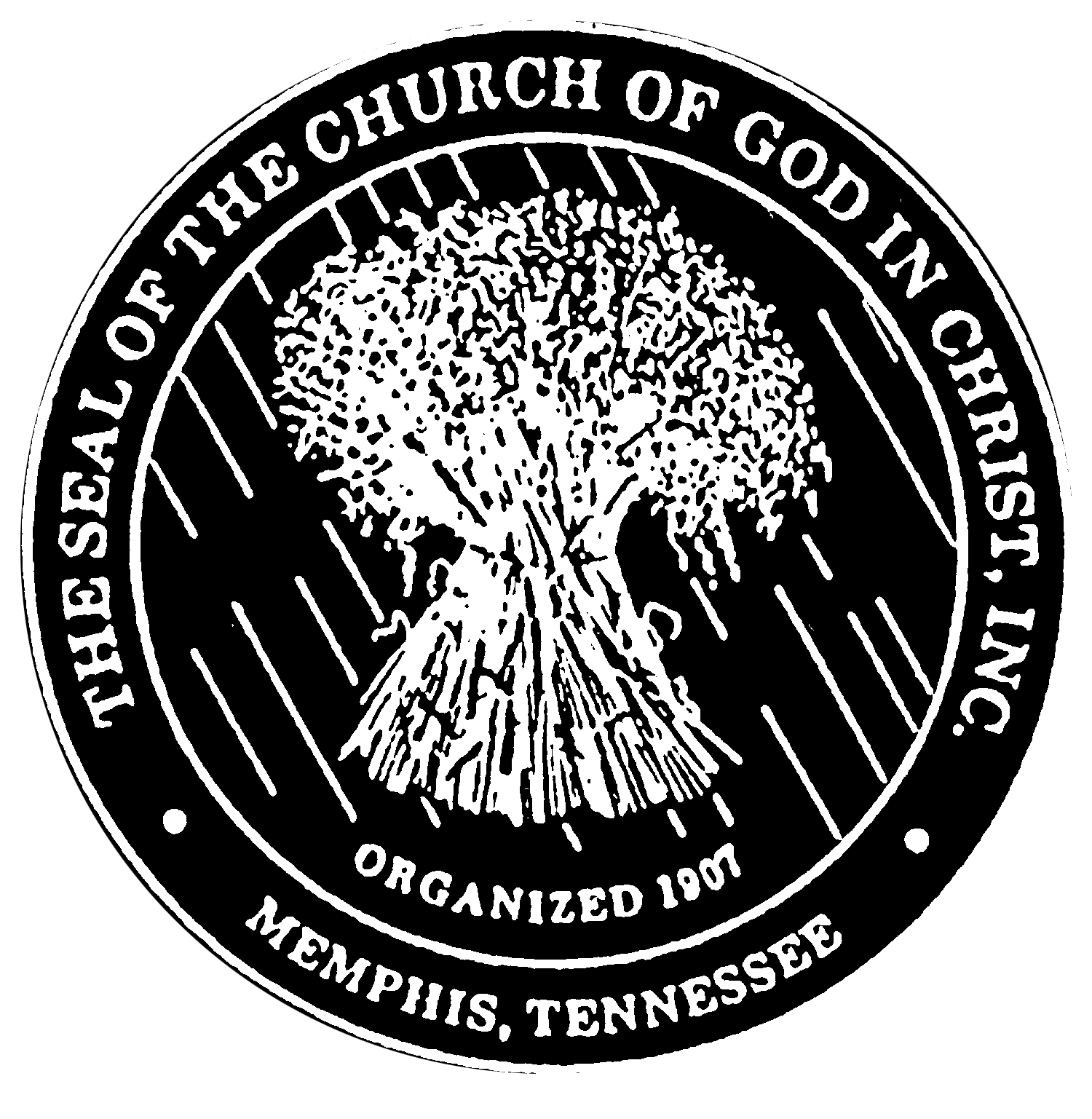The Qualities of a Faith-Filled Church: Book of Romans Series #3

When we read the opening book of Romans, the apostle Paul tells us what his book is all about. In verse 1 he says he is writing about the Gospel of God. In verse 9 he calls it the Gospel of God’s Son. In verse 16 he calls it the Gospel of Christ. The purpose of the book of Romans is to tell the Good News of what God has done to make it possible for us to get out of the sin mess we find ourselves in. The Good News is what Jesus Christ did at Calvary to pay the price for our sins.
 Probably one of greatest commentaries ever written on the book of Romans was written by Dr. Donald Grey Barnhouse. He says about the apostle Paul, “Paul had the mind of a scholar, the zeal of a missionary, and the heart of a pastor.” As you read these opening words of Paul, as he introduces himself to us, we feel the heart of this great leader. Sometimes we can learn what the Christian life is all about vividly as we see what Christ does in the life of an individual.
Probably one of greatest commentaries ever written on the book of Romans was written by Dr. Donald Grey Barnhouse. He says about the apostle Paul, “Paul had the mind of a scholar, the zeal of a missionary, and the heart of a pastor.” As you read these opening words of Paul, as he introduces himself to us, we feel the heart of this great leader. Sometimes we can learn what the Christian life is all about vividly as we see what Christ does in the life of an individual.
Have you ever wondered why the Church talks and writes so much about Paul? It is accurate to say that Paul wrote nearly half of the New Testament. Yet, we read in 1 Timothy 1:16 that God saved Paul as a pattern for all of those who would believe on the Lord after him. In other words, God saved Paul to show us what God can do in a heart and in a life.
Additionally, we learn that Paul, though he was the human author, was inspired by a divine author, the Holy Spirit. We believe that these letters recorded in our Bible were inspired by God. Therefore, when we read these words we find that God has eternal, unchanging truths for our lives today.
In this chapter, I want to lay before you some of the truths we learn from Romans 1:8-13. These verses will help us live for Jesus Christ better tomorrow than we did yesterday.
I. We Learn To Be Thankful
 Paul writes in Romans 1:8, “I thank my God through Jesus Christ for you all.” Paul had learned the lesson of being thankful. There are some truths in the Bible that are so big that if you don’t watch out, you will miss them all together. Are you a thankful Christian? Have you learned the grace of gratitude? Have you learned to be thankful to God for all of His many blessings? There isn’t a page of paper long enough to write out all of the things that you and I should be thankful for.
Paul writes in Romans 1:8, “I thank my God through Jesus Christ for you all.” Paul had learned the lesson of being thankful. There are some truths in the Bible that are so big that if you don’t watch out, you will miss them all together. Are you a thankful Christian? Have you learned the grace of gratitude? Have you learned to be thankful to God for all of His many blessings? There isn’t a page of paper long enough to write out all of the things that you and I should be thankful for.
Paul tells us something—to be thankful for a church. He says “I thank God for you all.” He is talking about the believers in the church of Rome. I was brought up in great Bible churches. I was brought up where my pastor preached expositionally through the Scriptures.
I trust you are active and faithful in a Bible-based, Spirit-filled church. I hope you are not attending a dead church. A lot of people are members of a dead church. I’ve never pastored a dead church, but I have preached in some. To preach in a dead church is like preaching in a cemetery. I’ve preached in some places that were so cold the members could ice skate up and down the aisles.
Paul is thankful for the church in Rome because this church had obtained a reputation. This church was famous for faith. We read, “That your faith is spoken of throughout the whole world” (Romans 1:8). Here was a church that was famous for its faith. People throughout history have become famous for their faith. In Hebrews chapter 11, we read about individuals who were famous for their faith in God. Their lives are like mountain peaks on the plains of mediocrity. Even though there are a lot of people who acquire great reputations for faith, there are not a lot of churches who are famous for their faith.
There are only two such churches in the New Testament. There is a church in Rome and a church in Thessalonica. In 1 Thessalonians 1:8, we read, “For from you sounded out the word of the Lord not only in Macedonia and Achaia, but also in every place your faith to God-ward is spread abroad.” They were famous for their faith in God.
Churches get famous for a lot of things. Sometimes churches get famous for the architecture of their building. Folks say, “Come see the magnificent building.” Sometimes churches get famous for their music, “Come over and hear our music.” Sometimes churches get famous for their preacher, “Come over and hear our preacher preach.” Sometimes churches get famous for their fussing. Every time you mention the name of the church, people talk among themselves about the church that is fighting and fussing. We should want our church to be famous for its faith in God.
The Church’s Treasure
Faith is the great treasure of a church. We read five times in chapter 3 of the faith of the Thessalonian church. It is faith that brings us to Jesus Christ. It is faith which mutually encourages believers. Faith is really like the switch. When we flip a switch the lights come on in your home. Faith is the switch that turns on the power of God in a church.
You give me a group of people who have great faith in God and you can do wonders with them. You give me a group of folks who have great faith in God and I wouldn’t be afraid to charge hell with a water pistol. Paul is learning to be thankful for his church. I hope you are thankful for your church.
The Church’s Testimony
Paul says that the faith of the church in Rome was spoken of throughout the whole world. When you mention the church at Rome, people immediately think about their great faith in God. We have a responsibility to see that our testimony manifests great faith in God where we work, serve, and live. The great business of the church is to get our testimony out to the world. Our job is to get people out of hell and get them into heaven. Our responsibility is to get the Gospel to as many as we can, in as many ways as we can, in as many places as we can.
It is possible for a church to lose its testimony. It is possible for a church to no longer be famous for its faith. That was certainly true in the church in Rome. Rome lost its testimony. In the New Testament their faith was spoken of throughout the world, but Rome had lost its testimony. God is not under obligation to any local congregation. God is not obligated to continue to bless any body of believers. God will bless us only as we are faithful to Him. God will use us only as we are usable.
I have stood in the grandest church buildings in the world. These buildings were once full but today they are empty. These churches used to be great monuments to faith, but today they are molehills of the mundane life.
II. We Love to be Prayerful
 Over the years in my Christian life, I have come to believe more of the importance of prayer. Paul says, “I make mention of you in my prayers without ceasing” (Romans 1:9).
Over the years in my Christian life, I have come to believe more of the importance of prayer. Paul says, “I make mention of you in my prayers without ceasing” (Romans 1:9).
Pray Constantly
He wants us to love prayer enough to pray constantly. Paul practiced what he preached. He didn’t tell folks to do things that he didn’t do himself. The Greek word, “without ceasing,” was a word that was used in ordinary Greek conversation to refer to a hacking cough. Someone who acquires a hacking cough can develop a habit of coughing. They don’t even know they are doing it. Paul says we need to develop a habit of prayer to the point that we do not even know we are doing it.
Paul says we must learn to pray without ceasing. What does he mean by that? Does he mean that we have to spend all of our lives down on one knee? When you get in the car and get ready to go to work, are you going to drive with one knee down on the floorboard? When you go to school and sit at your desk, do you have to get down on one knee and try to sit there? Do you have to keep your eyes closed all the time to be praying without ceasing?
He is saying that beneath the conscious level of your thoughts there should be that subconscious attitude of communion with God; to be totally in the atmosphere of prayer all the time so that any time you whisper a prayer to God, it’s not unnatural. It just comes from the subconscious beneath. Prayers do not have to be long, drawn out, lengthy, formal affairs.
Jesus sometimes prayed all night. There were times when Jesus felt the need to pray all night, but you don’t have to make your prayers long for them to be effective. Three of the shortest prayers in the Bible were some of the most powerful ones.
Samson had been blinded because of his sin. He had the young boy put his arms on the pillars and he prayed a brief prayer, “Lord, strengthen me.” God did, and Samson brought the house down.
When Isaiah saw that vision of the Lord, high and lifted up, and the Lord said, “Whom. shall I send, and who will go with Me?” Isaiah said, “Here am I, Lord, send me.” Brief prayer, but God sent Isaiah.
Simon Peter was walking on the water. He said, “Lord, if it’s You, bid me come out there and walk on that water with You.” Jesus said, “Come on,” and Simon Peter got out there. The Bible says he saw the waves and the wind begin to whip up. Those waves began to roll. He took his eyes off Jesus. He got his eyes on the waves. That’s what happens to us when we get our eyes off the Lord and get our eyes on the circumstances. The Bible says he began to sink. Peter didn’t have time for one of those flowery prayers. He didn’t have time to say, “O thou great God of the universe.” He said, “Lord, save me!” The Lord did.
Pray Concisely
In Romans 1:10, “Making request, if by any means at length I’ll have a prosperous journey.” He is saying, “I’ve been praying and asking God definitely to make it possible for me to visit you in Rome.” He had never been to Rome, but he wanted to go. He had been making it a matter of prayer. In 1:13 he tells us he had determined, purposed many times, and made plans to go to Rome. He already had Rome on his missionary itinerary. In parenthesis it says, “I was hindered thus far.”
One time Paul said in 1 Thessalonians 2:18, talking about coming to see them, “Satan hindered me.” Did you know Satan can sometimes hinder you? There’s a real devil and he’s out to hinder us. Every morning you better strap on the whole armor of God that you may be able to stand against the wiles of the devil. He can hinder you in your service before the Lord.
I believe on this occasion Paul was saying, “I intended to come, but the work has hindered me.” Romans 15 makes it very clear he was hindered because of the work he was doing. It was so overwhelming and there was so much to be done that he couldn’t get loose to come to them. However, he is now definitely asking God. He is now making a definite request of God. He is saying, “God, I want to go to Rome. I want a successful trip to Rome.”
Have you learned to pray concisely? Have you learned to ask God for things in your prayers? You can ask God for things in prayer. In Philippians 4:6 we read, “Be careful for nothing, but in everything by prayer and supplication, with thanksgiving, let your requests be made known unto God.” When we pray such indefinite prayers, is it any wonder we never get any answers? Prayer, in general, cannot expect answers in particular. Have you asked God for anything lately? Have you definitely asked God for something lately? If God answered your prayers tonight, would you know He had answered them?
Keep on calling on God. Paul said, “I’ve asked the Lord to let me come. I’m asking God to give me a successful journey.”
In verse 10 there are two prepositional phrases: “By any means,” and “by the will of God.” Paul is first of all recognizing the will of God in his life. He is recognizing that God is at work in his life. He is recognizing that God has a plan. Paul is saying, “I want to do God’s will in my life.”
If God has a plan and everything is already laid, why should we bother to pray? God is sovereign and all-powerful. Why do we need to pray? Let me give you an illustration I think will help you understand. I read about a man who had aspirations to be a violinist. Every Saturday afternoon the symphony was on the radio. He wanted to learn to play along with them, so he ordered the music. He had his little music stand and he put the sheet music on it every Saturday afternoon. When the symphony came on and began, he would begin to play his violin along with the magnificent symphony. The symphony would play. Sometimes he would miss the beat. At other times he would be a little scratchy in the way he played. Sometimes he would lose his place. The quality of his playing was not up to the standards of the symphony. But he just kept on working because he wanted to get his violin in harmony with the great symphony.
God has a will. God has a great symphony for our lives. God has the score of that symphony He has revealed to us in the pages of the Bible, and through prayer, we get our lives in harmony, in rhythm with the great plan, the great symphony of God. We may do it imperfectly, but prayer teaches us to get in harmony with the will of God.
What is the greatest thing Jesus ever prayed? When He was in the Garden of Gethsemane, He prayed, “Not my will, but thine be done.” That’s the greatest prayer He ever prayed. The greatest prayer you and I have ever prayed is when we have wrestled with God, when we have asked God, and when we have gone through all the exercises of prayer. Finally, we come down and say, “O, God, not my will, but thine be done.” “By the will of God.”
When Paul wrote, “by any means,” he really extended to God a blank check. He said, “God, I want to go to Rome. I believe it’s Your plan, Your will for me to go to Rome. Lord, here’s a blank check, I’ll go any way You want me to go.” A lot of times we have stipulations. We tell God how it ought to be, “Lord, I’m willing to be a missionary, but I’d kind of like to be a missionary in Switzerland, and I’d like one of those nice chalets to live in.” Paul didn’t put any stipulations. He knew God knew better than he knew. God knows far better than you and I know. God took him up on it. He went to Rome in chains. But the greatest thing you and I could ever pray is to pray that the will of God be done in our lives.
III. We Lead to Be Helpful
 We read, in Romans 1:11, “For I long to see you, that I may impart unto you.” The Greek word for “impart” means, to share with someone else. He is saying, “I want to have a ministry in your midst. I want to be a blessing to you. I want to be helpful.”
We read, in Romans 1:11, “For I long to see you, that I may impart unto you.” The Greek word for “impart” means, to share with someone else. He is saying, “I want to have a ministry in your midst. I want to be a blessing to you. I want to be helpful.”
All of us ought to have this same desire to be helpful. Paul says he wants to have a ministry in the lives of the Christians in Rome. He says, “That I may impart unto you (believers) some spiritual gift, to the end you may be established.” A spiritual gift is a blessing of God that comes through our lives that strengthens, encourages, and stabilizes another Christian. If I preach a sermon and you are encouraged, it’s not me; it’s the spiritual gift of the blessing of God through me.
In Romans 1:12, we read, “That I may be comforted together with you by the mutual faith, both of you and me.” He’s saying, “When we are together, I also want to get something out of this trip.” Paul says, “I want to be a blessing to you, but I want to get a blessing from you.”
When I preach and minister God’s Word, I pray that I am an encouragement to my audience. I pray people will be encouraged in their hearts and they will be challenged in their spirits. I am also hoping that when I complete my messages, I feel and sense that I had truly helped them. In other words, my desire is for my message and ministry to be mutually beneficial.
We need to be helpful to believers, but we need to be helpful to sinners. In Romans 1:13, we read, “That I might have some fruit among you also.” The Greek word “fruit” sometimes is used of character. We read about the fruit of the Spirit in Galatians 5. In Philippians 4:8, the fruit refers to the giving of believers. However, in Romans Paul is writing about the winning of people to Jesus. Paul is expressing, “I want to pick some fruit when I get to Rome.”
When it comes to Paul, anywhere you want to pick him up, the bottom line is always the winning of people to faith in Jesus Christ. That’s where it all comes down. We are to be helpful to sinners who need Jesus Christ as their personal Savior. In Matthew 9:37 Jesus said, “The harvest truly is plenteous.” There’s a lot of fruit out there to pick. Young people, middle schoolers, high schoolers, a lot of your classmates need Jesus as their personal Savior. It’s time for you to pick the fruit. Businesspeople, there are men all over your city whose families are in trouble, whose personal lives are in shambles, and God brings you in contact with them weekly or daily. It is time to pick the fruit.
Martin Luther, the famous reformer, had a friend in the monastery where he was. The friend said to Luther as he was getting ready to leave the monastery and go out into the fields to harvest souls for Jesus, “You go and I’ll stay. You labor and I’ll pray.” So Luther went out in his great ministry to win people to faith in Jesus. Some months later Luther’s friend had a dream. He dreamed that he went out from the monastery into a huge field of corn. It was a field as large as the world itself. He saw one lone reaper, trying to reap the field. He saw immediately that the reaper had an impossible task. Then he caught a glimpse of the reaper and it was Luther. Luther’s friend said, “I’ve prayed long enough; it’s time to go out into the fields.” He left the monastery and joined his friend Luther in the labor of picking the fruit. We need to be thankful, we need to be prayerful, and we need to be helpful to one another.



























